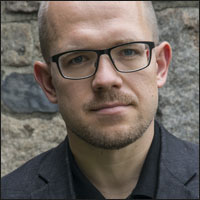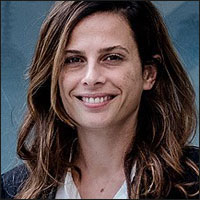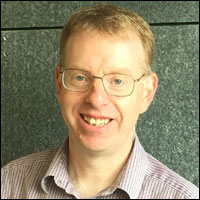The dean of the Open University, prof. mr. Anja Oskamp, introduced the conference, going back to the beginning of her academic career when she worked on law practices and digitalization.
Themes
The first day of the conference two concrete themes were discussed: smart solutions to energy in a safe and efficient way, involving an active role of citizens as 'prosumers', and self-driving cars, and the challenges and problems it poses in a technical, social-geographic and legal sense. Its possible consequences, moral dilemmas and the rhetoric of inevitability surrounding it were discussed.
Safety in Urban Environments
On the second day current and future researchers in the De Veilige Stad // Safety in Urban Environments gave progress reports and pitches of current and future projects within the program.
Problems and chances smart city
International keynote speakers subsequently reflected on the smart city from a critical meta perspective and its problems and chances. Morozov delivered a pessimistic vision on the power of big tech, and Bria represented the optimism of an alternative digital movement, Dodge's contribution was partly a convert’s story: from tech-evangelist to critical observer of vulnerabilities involved in pervasive digitalisation in cities.
 |
Evgeni Morozov. Critical tech-thinker known from books such as The Internet Delusion and op-eds in quality media such as NY Times and Guardian, analysed the platform economy and the macro-economic structures underpinning their 'disruptive' business model, cutting through smart cities and determining them. |
 |
Francesca Bria works for the Barcelona municipality, where modern forms of civic participation are introduced using open source software, which does not ‘extract’ data from citizens but protects them. |
 |
Dr. Martin Dodge, urban geographer from the University of Manchester, who specializes in the spatiality’s of computer technology, offered a critical perspective on the rise of smart cities: it offers opportunities but also vulnerabilities, especially concerning automatic systems regulating the functioning of cities, from e.g. data hacking and commercial interests; Dodge also addressed forms of prevention. |
Videos of the talks will become available at the conferencesite and on the research page De veilige stad/Safety in Urban Environments.
